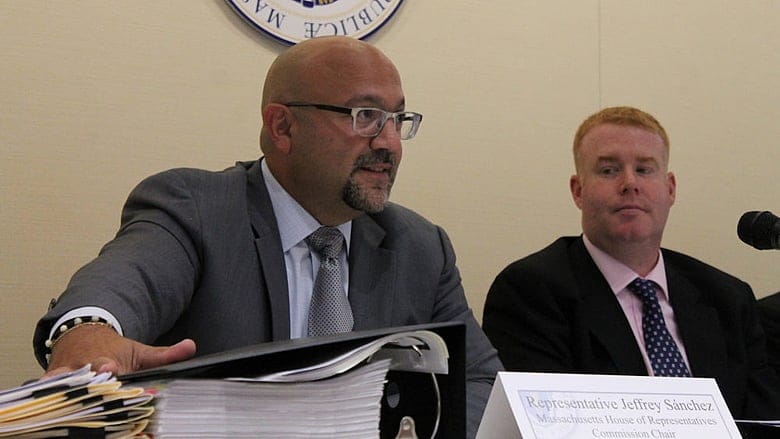Health care pricing commission kicks off six months of work

STATE HOUSE — Attempting to incorporate 23 different perspectives in a process featuring about 27 hours of public work, members of a special commission on Tuesday set out to seek solutions to an issue that has vexed the health care industry and policymakers for years: variations in health care pricing.
The commission, created as part of a law passed this summer to avoid a ballot question fight over pricing, has until March 15 to file its recommendations and any draft legislation, which members described as a tight timeline to reach consensus on a complex issue.

